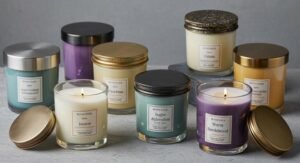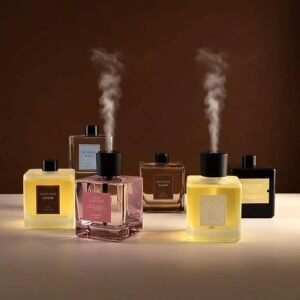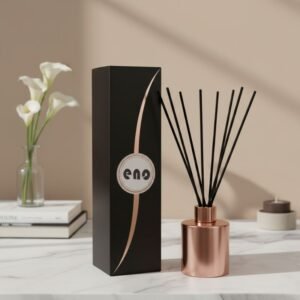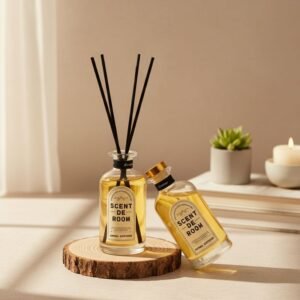Retailers struggle to enter the lucrative candle market without manufacturing expertise or massive upfront investments.
White label candles are pre-manufactured products that retailers can rebrand with their own packaging and labels, allowing boutique brands to offer customized candle collections without production infrastructure. This business model has gained significant popularity as it enables quick market entry with lower risks.
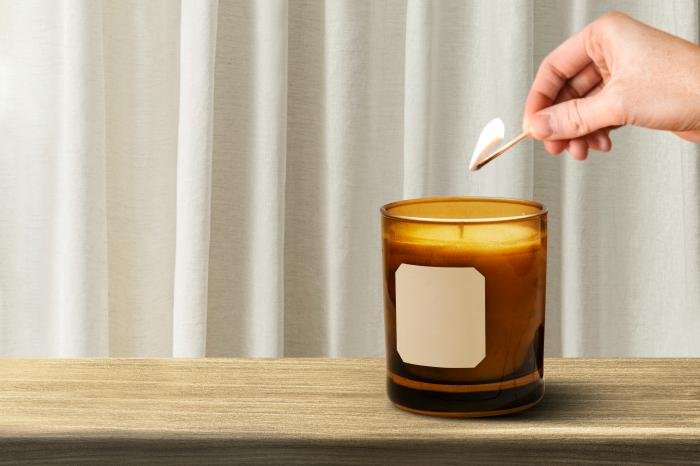
Companies like Loveeno have recognized this growing demand, providing comprehensive private label candle options that help retail businesses establish their unique brand identity in today’s competitive marketplace.
How Does the White Label Candle Business Model Work?
Struggling to break into the candle market without manufacturing expertise? White-label candles offer immediate market entry while maintaining complete branding control for your business.
White-label candle business models allow retailers to purchase pre-manufactured candles from OEM suppliers and rebrand them under their own label, eliminating production complexities while maintaining full control over branding, pricing, and customer relationships.
The Manufacturing Partnership Structure
The white-label business model operates through strategic partnerships between retailers and established candle manufacturers. Unlike traditional wholesale purchasing, this model grants retailers exclusive branding rights while leveraging the manufacturer’s production expertise. OEM candles are produced using standardized formulations and designs, then customized with the retailer’s unique packaging, labels, and brand identity.
This arrangement eliminates the need for significant upfront investments in equipment, facility setup, or specialized manufacturing knowledge. Retailers can focus entirely on marketing, customer acquisition, and brand development while the manufacturer handles production, quality control, and initial packaging coordination.
Supply Chain and Operational Timeline
The white-label candle supply chain follows a streamlined process that typically requires 4-6 weeks from order placement to delivery. This timeline includes production scheduling, quality testing, custom label application, and final packaging. Lead times can vary based on order quantity, seasonal demand, and specific customization requirements.
| Process Stage | Timeline | Key Activities |
|---|---|---|
| Order Processing | 1-2 days | Payment confirmation, artwork approval |
| Production | 2-3 weeks | Candle manufacturing, curing time |
| Customization | 3-5 days | Label design application, packaging |
| Quality Control | 2-3 days | Testing, inspection, final approval |
| Shipping | 5-10 days | Packaging coordination, delivery |
Companies like Loveeno streamline this process through efficient candle manufacturing systems and established supply chain relationships, ensuring consistent quality and reliable delivery schedules for their white-label partners.
What Customization Options Are Available for White Label Candles?
Private label retailers face endless decisions when building their candle brand, yet lack clarity on available customization possibilities.
White label candle customization spans four key areas: wax selection, container choices, signature scents development, and custom labels design. These options enable complete brand control while maintaining cost-effective production.
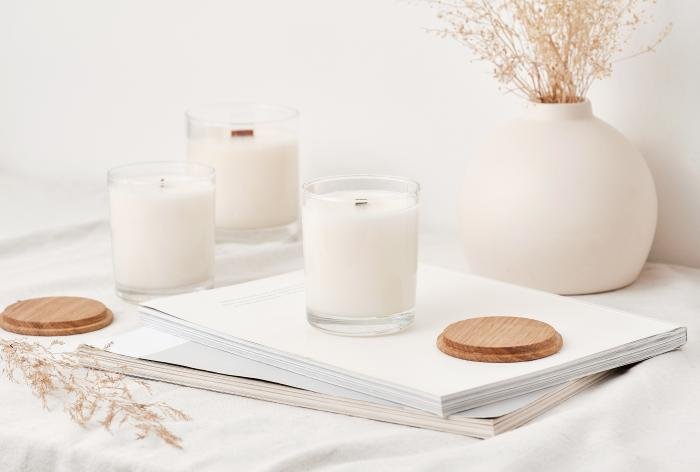
Wax Types and Performance Characteristics
Different wax types deliver varying performance characteristics that impact your brand positioning. Soy wax offers clean burning and excellent scent throw, making it ideal for premium positioning. Paraffin wax provides strong fragrance performance at competitive costs, perfect for mass market appeal. Coconut wax burns longer with superior scent distribution but commands higher pricing.
Beeswax appeals to eco-conscious consumers with its natural origin and air-purifying properties. Many suppliers offer wax blends combining benefits of multiple types. Your choice directly affects manufacturing costs, burn time, and customer satisfaction levels.
Container Options and Design Flexibility
Container selection transforms basic scented candle products into branded statements. Glass jars offer transparency showcasing wax color while providing reuse value. Ceramic vessels create premium positioning with unlimited color and texture possibilities. Tin containers suit travel-sized products with lightweight shipping advantages.
| Container Type | Cost Level | Customization | Lead Time |
|---|---|---|---|
| Glass Jars | Medium | Color, Shape, Size | 3-4 weeks |
| Ceramic Vessels | High | Full Design Control | 6-8 weeks |
| Tin Containers | Low | Label Application | 2-3 weeks |
| Wood Containers | High | Laser Engraving | 4-6 weeks |
Loveeno’s container coordination ensures seamless integration between vessel design, label application, and packaging requirements, streamlining your entire supply chain process.
Is White Label Candle Production Cost-Effective for Small Businesses?
Small retailers face tough profit decisions. White label candles promise quick entry but hide complex costs. Smart analysis reveals the truth.
Yes, white label candle production is cost-effective for small businesses, offering 25-50% profit margins through economies of scale, reduced overhead, and faster market entry without manufacturing investments.
Breaking Down the Financial Reality
The numbers tell a compelling story. Successful candle retailers typically achieve 25-50% profit margins with white label products. Wholesale pricing sits at 2-3x production cost, while retail prices reach 4-5x manufacturing expense. This pricing structure creates sustainable profitability for boutique brands.
Small businesses benefit significantly from bulk packaging advantages. Ordering larger quantities reduces per-unit costs through economies of scale. A single container of 500 candles costs substantially less per piece than multiple smaller orders. This bulk approach also streamlines inventory management, reducing storage complexity and reorder frequency.
Cost Analysis and Market Entry Advantages
White label production eliminates major startup barriers. No equipment purchases, facility rentals, or skilled labor hiring required. Instead, retailers focus resources on branding control and customer acquisition. Lead times become predictable, typically 2-4 weeks versus months for custom manufacturing setup.
| Cost Factor | Traditional Manufacturing | White Label |
|---|---|---|
| Initial Investment | $50,000-$100,000 | $2,000-$5,000 |
| Time to Market | 6-12 months | 2-4 weeks |
| Minimum Order | 10,000+ units | 100-500 units |
| Quality Control | Self-managed | Supplier-handled |
Loveeno’s white label program exemplifies this efficiency, offering flexible minimum orders and comprehensive packaging coordination. Their streamlined label design process reduces time-to-market while maintaining quality standards that smaller brands struggle to achieve independently.
How Can You Launch Your Own Candle Brand With White Label Products?
Starting a candle business seems appealing, but developing products from scratch takes years. White label products solve this challenge instantly.
Launch your candle brand using white label products by selecting quality suppliers, designing custom packaging, conducting market research, and implementing targeted marketing strategies. This approach reduces startup costs and accelerates market entry.
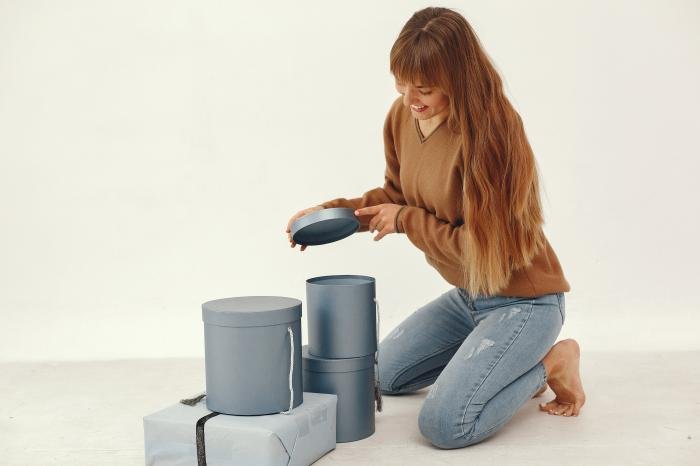
Essential Market Research for Your Candle Brand
Before launching your candle brand, thorough market research forms the foundation of success. Identify your target demographic by analyzing competitor pricing, scent preferences, and seasonal trends. Study retail channels where your ideal customers shop—boutique stores, online marketplaces, or specialty gift shops.
Consider factors like local regulations, seasonal demand patterns, and pricing strategies that align with your brand positioning. Research shows candle businesses can achieve 60-70% profit margins when properly positioned in premium markets.
Building Strong Brand Identity Through Packaging Design
Your packaging design becomes your silent salesperson on retail shelves. White label candles provide the perfect canvas for your brand identity creation. Focus on consistent color schemes, typography, and messaging that resonates with your target audience.
Coordinate with suppliers on label specifications, minimum order quantities, and lead times for custom packaging. Most white label suppliers offer faster turnaround times compared to custom manufacturing, typically 2-4 weeks versus 8-12 weeks.
| Brand Element | White Label Advantage | Key Consideration |
|---|---|---|
| Logo Placement | Full control over positioning | Ensure visibility on curved surfaces |
| Color Matching | Pantone color coordination | Account for material variations |
| Lead Times | 2-4 weeks standard | Plan for seasonal demand spikes |
| MOQ Requirements | Lower minimums available | Balance cost per unit with inventory |
Marketing strategies should emphasize your unique brand story rather than product manufacturing details. Leverage social media platforms, influencer partnerships, and retail relationship building to establish market presence quickly. Loveeno’s extensive supplier network helps streamline the packaging coordination process, ensuring your brand launches efficiently with professional presentation standards.
What Quality Standards Should You Look for in White Label Candle Suppliers?
Poor quality control from suppliers can damage your brand reputation and customer trust overnight.
When evaluating white label candle suppliers, prioritize ISO 9001 certification, FDA-compliant ingredients sourcing, ASTM fire safety standards, and rigorous quality control protocols throughout mold making and production processes.
Essential Industry Certifications and Compliance
Leading white label candle suppliers maintain multiple industry certifications that demonstrate their commitment to quality and safety. ISO 9001 certification ensures robust quality management systems, while ISO 14001 indicates environmental responsibility. The Consumer Product Safety Commission requires a General Certificate of Compliance for all candles sold in the US market.
ASTM standards form the backbone of candle safety requirements. ASTM F2058 covers fire safety labeling, ASTM F2417 specifies fire safety requirements, and ASTM F2601 addresses candle accessories safety. Suppliers should also maintain FDA compliance for fragrance formulations and demonstrate adherence to National Candle Association guidelines.
Manufacturing Excellence and Quality Control Protocols
Superior suppliers implement comprehensive quality control measures throughout their production process. This includes rigorous ingredients sourcing verification, ensuring wax purity and consistency. Mold making requires precision engineering to maintain product uniformity and prevent defects that could compromise burn quality or safety.
| Quality Control Area | Key Requirements | Verification Method |
|---|---|---|
| Wax Sourcing | Certified suppliers, purity testing | Lab analysis reports |
| Mold Making | Precision tolerances, material standards | Dimensional inspection |
| Fragrance Testing | FDA compliance, allergen disclosure | Safety data sheets |
| Burn Testing | Flame height, burn time consistency | ASTM protocol testing |
Supplier evaluation should include facility audits, quality documentation review, and sample testing. Look for suppliers who provide detailed quality reports, maintain traceability records, and offer transparent communication about their manufacturing processes. This foundation ensures your white label candles meet both safety standards and customer expectations.
Conclusion
White label partnerships offer retail businesses an immediate pathway into the lucrative candle industry without manufacturing complexities or massive capital investments. Through strategic brand development and quality supplier relationships, entrepreneurs can achieve 25-50% profit margins while maintaining complete control over their unique market positioning. This proven business growth model enables faster time-to-market, reduced operational risks, and scalable expansion opportunities that traditional candle industry entry methods simply cannot match. Start building your candle brand today by partnering with established white label suppliers who understand retail strategy and can support your long-term success.
FAQ
Q1: What are white label candles and how do they work for retailers?
White label candles are premium-quality candles manufactured by specialized companies that allow retailers to brand them with their own custom labels and packaging. This business model enables boutique brands and retailers to offer high-quality candles without investing in manufacturing equipment, mold making, or production facilities. Retailers simply work with white label suppliers who handle the candle production, while the retailer focuses on branding, marketing, and sales through custom labels and bulk packaging solutions.
Q2: How long does it typically take to receive white label candle orders with custom packaging?
Lead times for white label candles with custom packaging typically range from 4-8 weeks, depending on the complexity of your label design and the supplier’s production schedule. This timeframe includes mold making (if custom shapes are requested), candle production, label design approval, printing, and bulk packaging coordination. Established suppliers often provide detailed timelines and can expedite orders for additional fees, but retailers should plan their inventory accordingly to account for these production and delivery cycles.
Q3: What customization options are available for white label candle labels and packaging?
White label candle suppliers offer extensive customization options including full-color custom labels with your brand logo, scent descriptions, and care instructions. Packaging options range from simple cellophane wraps to premium gift boxes, eco-friendly materials, and custom bulk packaging for retail displays. Many suppliers provide design templates and work closely with retailers on label design coordination to ensure brand consistency across all product lines while maintaining professional quality standards.
Q4: How do white label candle business models compare to private label in terms of cost and control?
White label candle business models typically offer lower upfront costs and faster market entry compared to private label options. With white label, retailers use existing candle formulations and simply add their branding, while private label involves developing custom scents and proprietary recipes. White label provides less control over the actual product formulation but significantly reduces R&D costs and production risks. This makes white label ideal for retailers testing the candle market or expanding their product offerings without substantial capital investment in manufacturing capabilities.
Q5: What should retailers consider when choosing a white label candle supplier for their boutique business?
When selecting a white label candle supplier, retailers should evaluate several key factors: minimum order quantities, lead times for production and delivery, customization capabilities for both labels and bulk packaging, quality of materials (wax blends, wicks, fragrance oils), compliance with safety standards, and the supplier’s experience working with boutique brands. Additionally, consider the supplier’s communication processes for label design coordination, their flexibility with small batch orders, and whether they offer sample programs before committing to large bulk purchases.

